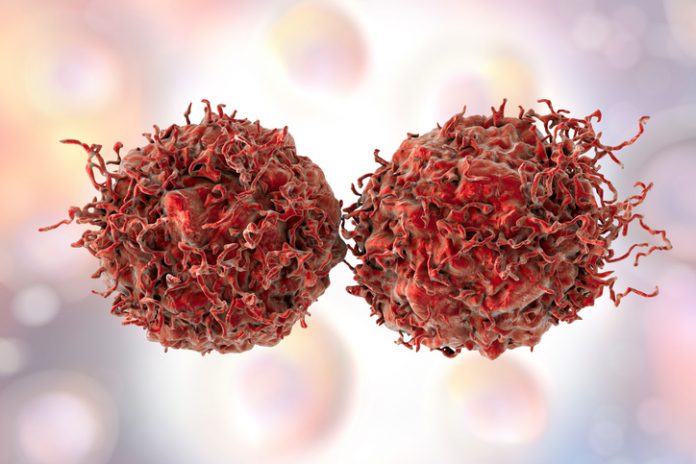
Immune checkpoint blockade (ICB) is an estimated $35B+ market already with multiple cancer indication approvals, but to date, neoadjuvant ICB therapy is only FDA-approved in non-small-cell (NSC) lung cancer and triple-negative breast cancer. This fact masks the huge potential, in both the clinic and research lab, of this class of drugs, say authors of a recent review.
“We consider this approach to cancer immunotherapy to be a gold mine for advancing our scientific knowledge of how an immune checkpoint blockade is working, to define better biomarkers that predict clinical outcomes, and to help us design the next generation of more effective treatments with combination therapies,” said lead author Suzanne L. Topalian, MD. She is professor of surgery, director of the Melanoma/Skin Cancer Program Surgery, and director of the Bloomberg~Kimmel Institute for Cancer Immunotherapy at Johns Hopkins University School of Medicine.
This review highlights insights from clinical studies of neoadjuvant ICB in lung cancer, triple-negative breast cancer, melanoma and non-melanoma skin cancers, and gastrointestinal cancers. But she anticipates more insights, coming quickly.
“There are ongoing clinical trials in dozens of cancer types, and additional regulatory approvals are anticipated in the coming years,” Topalian told Inside Precision Medicine.
The review appeared in Cancer Cell last month and was co-authored by several current and former investigators from the Bloomberg~Kimmel Institute for Cancer Immthat has already been activated but is stalled at the tumor site by the interaction of the PD-1 inhibitory receptor expressed on tumor-infiltrating lymphocytes and the PD-L1 ligand expressed by tumor cells,” says Topalian.
ICB prior to surgery—neoadjuvant immunotherapy—has made huge strides and has the potential to revolutionize treatment of many more cancers, these authors say. Conventional neoadjuvant chemotherapy and radiotherapy, they note, are unotherapy and the Johns Hopkins Kimmel Cancer Center.
“Anti-PD-1 therapy works by a unique mechanism distinguishing it from other kinds of cancer immunotherapy. It ‘unleashes’ an anti-tumor immune response primarily intended to reduce tumor size, improving surgical resectability.
But recent scientific evidence suggests that neoadjuvant immunotherapy can expand and transcriptionally modify tumor-specific T cell clones to enhance both intratumoral and systemic anti-tumor immunity to stop distant micrometastases.
The research benefits of this approach are clear, the authors say.
In lung cancers, tumor tissue changes that happen after neoadjuvant ICB occur much more rapidly than after standard therapy. In some cases, a mass that may still be visible on CT scanning contains no live tumor cells when examined under a microscope. In triple-negative breast cancer, a combination of neoadjuvant chemotherapy plus ICB can help prevent post-surgical relapse, and giving ICB to patients with earlier-stage cancers prior to surgery is more effective than giving it to patients with advanced, inoperable disease.
Further, in skin cancers, some patients who have complete responses, as seen under a microscope, after neoadjuvant ICB may not need extensive medical treatment. In gastrointestinal cancers, MSI-high tumors respond so well to neoadjuvant ICB that some patients may not even need surgery.
The researchers have a set of “themes” they shared:
- An immunotherapy regimen that shows significant efficacy against advanced, inoperable cancers also tends to be effective when given prior to surgery.
- The degree of pathologic response after neoadjuvant ICB predicts the relapse-free time interval after surgery.
- Neoadjuvant ICB may not only prime anti-tumor activity in the immune system, but can also have a positive effect on surgery outcomes.
- Surgically removed tissues after neoadjuvant ICB offer a unique resource for further studies.













